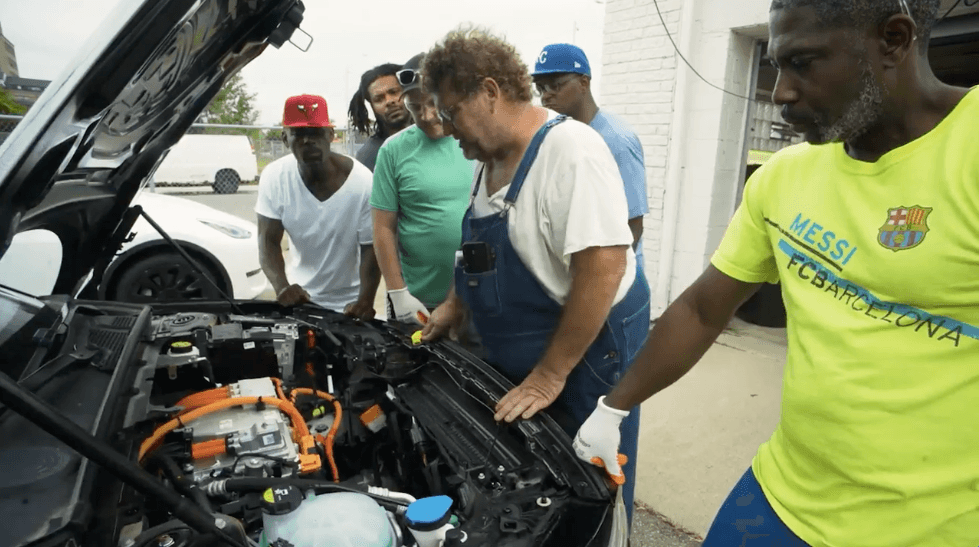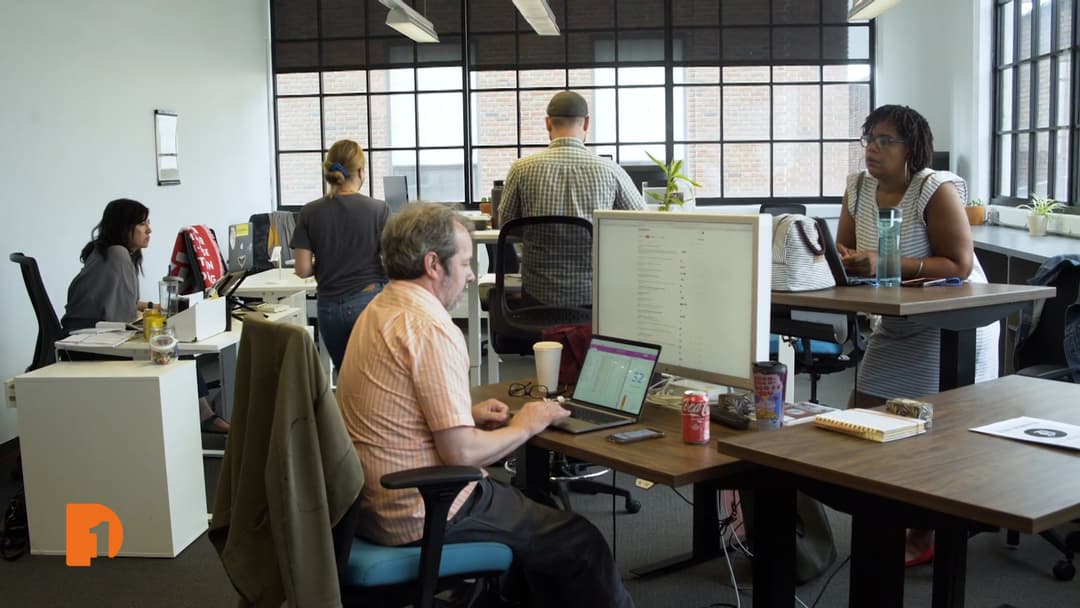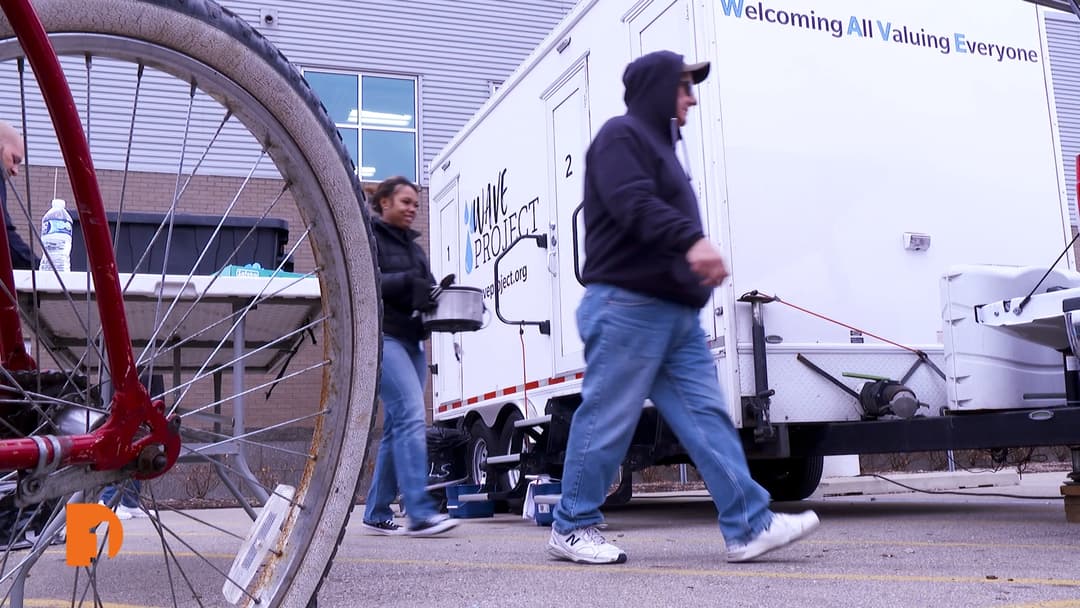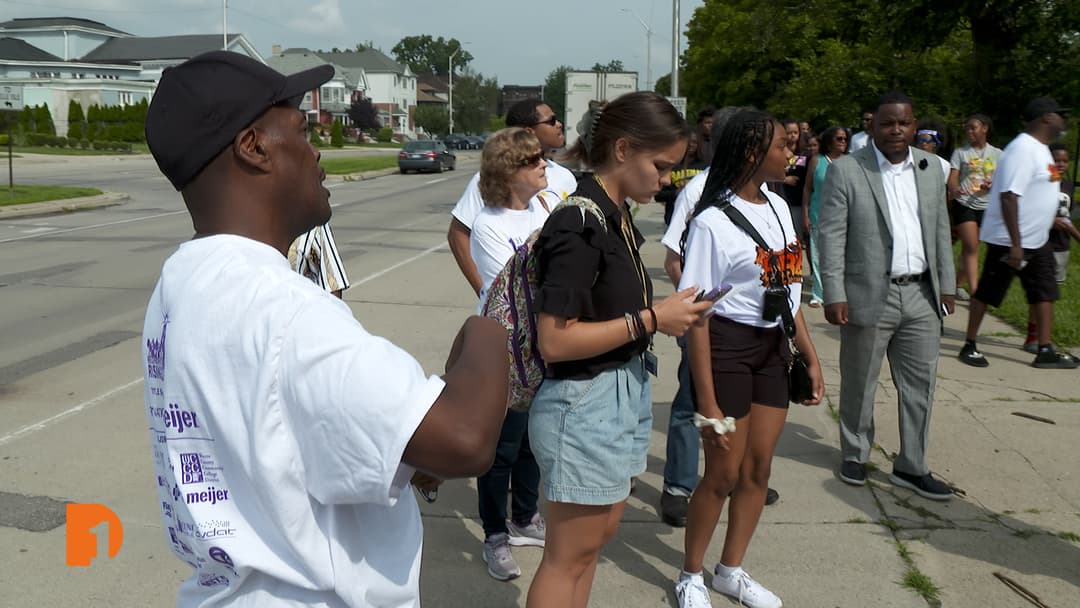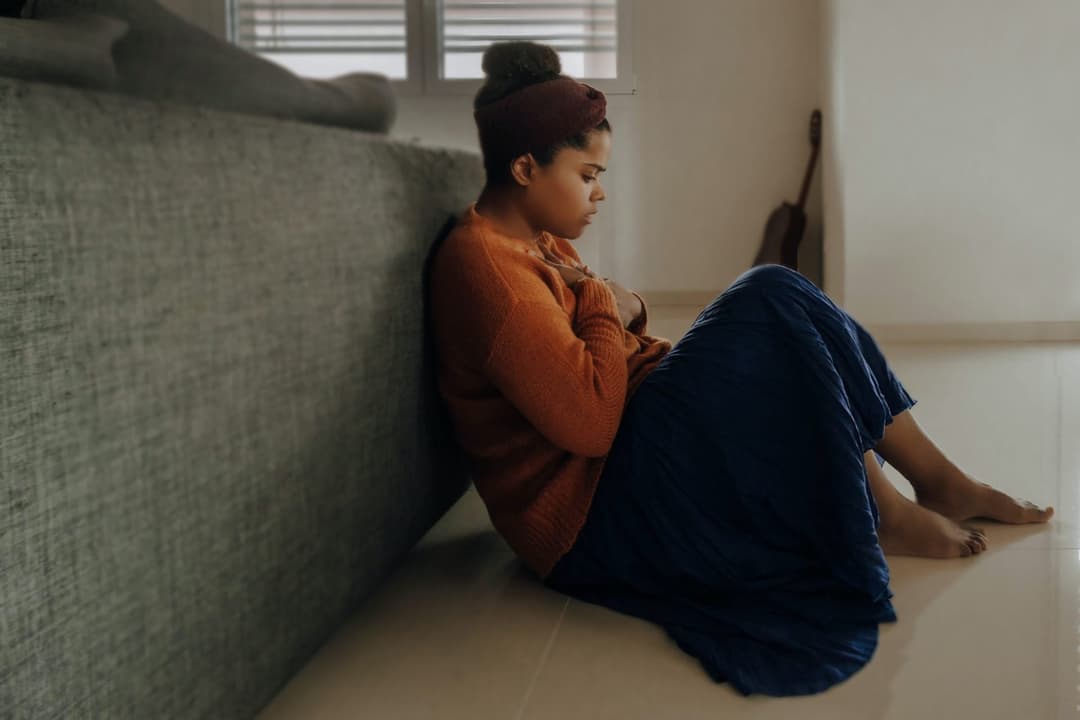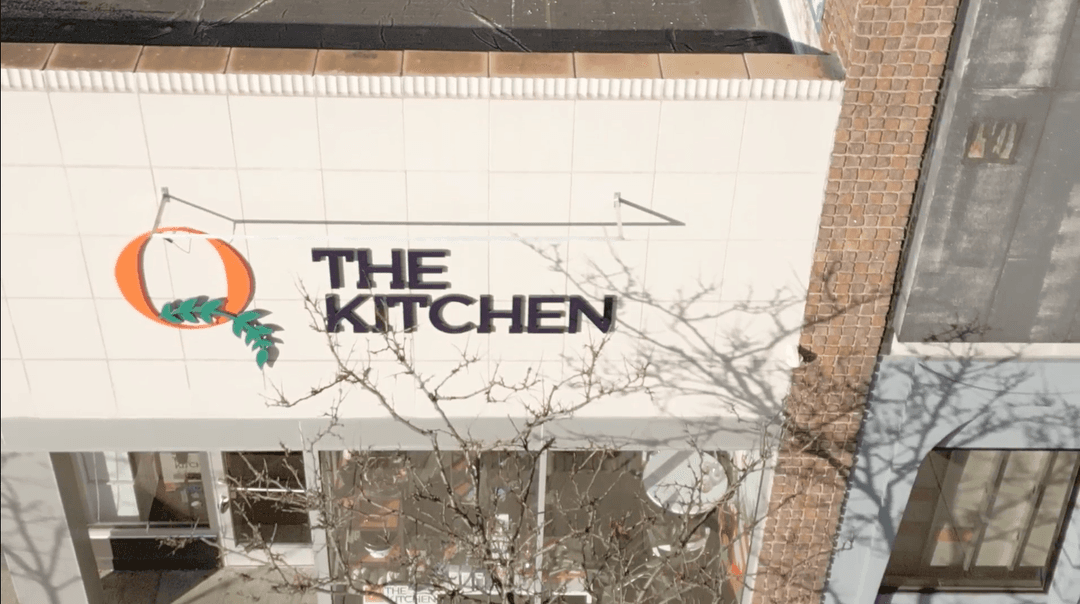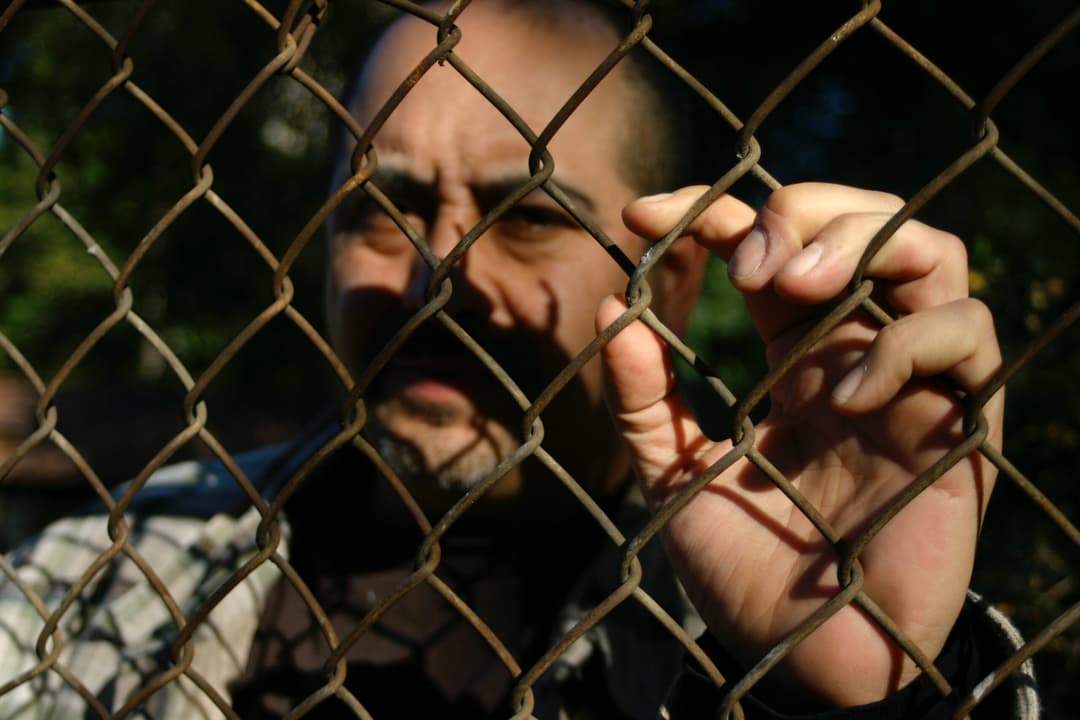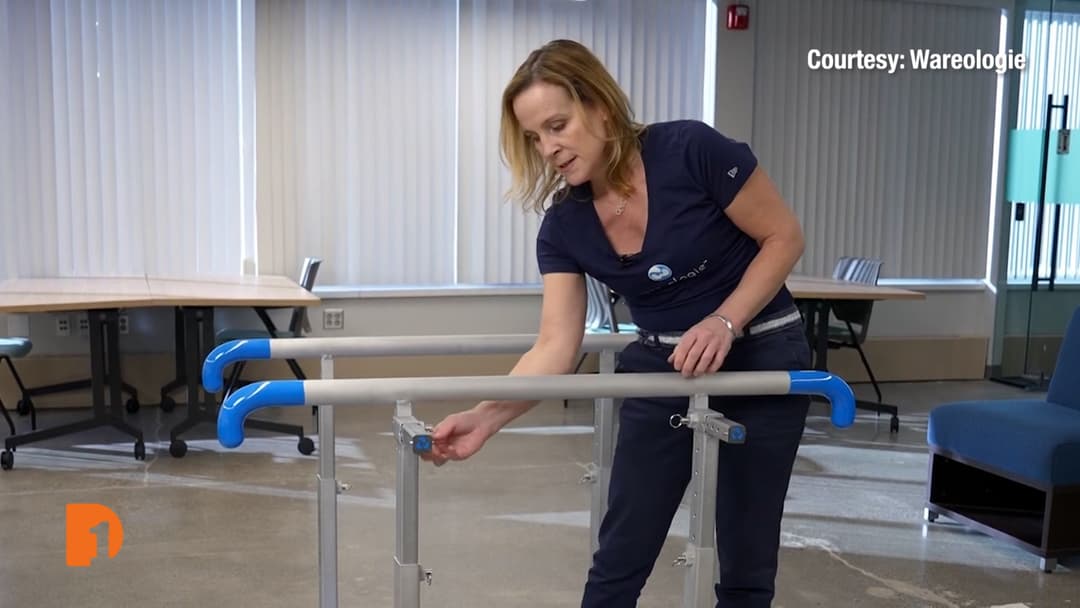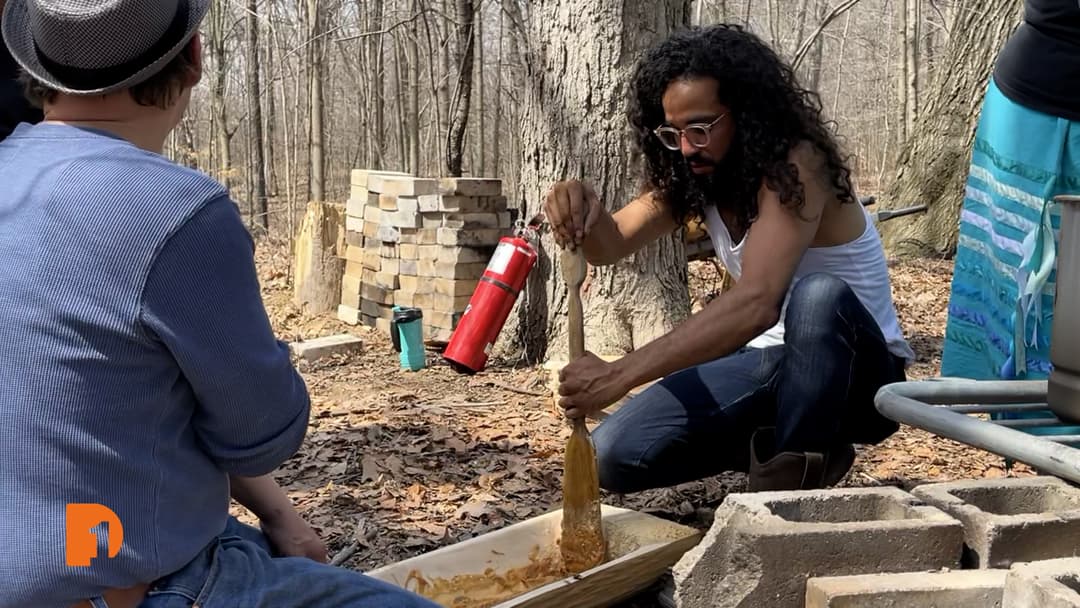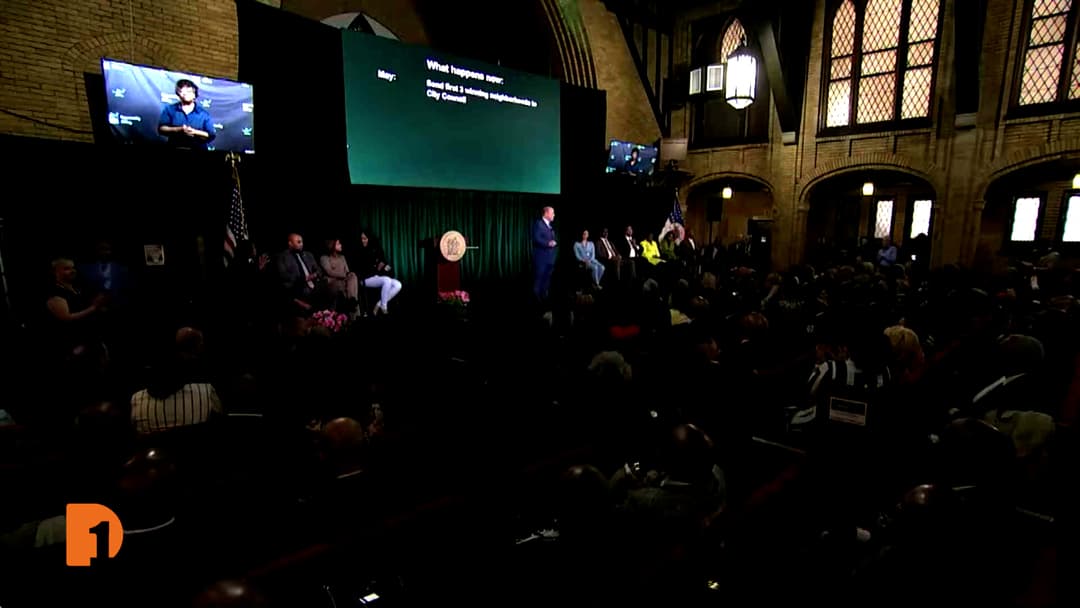They’ll drive to you: Mobile health outreach addresses homeless needs, health disparities across Detroit
Jan 5, 2023
Detroit’s car-centric infrastructure has long impeded its citizens without adequate transportation or housing from accessing the resources they need. From the lack of public restrooms to healthcare disparities in underserved communities, citizens are not able to get to brick-and-mortar facilities like they used to.
That’s when two Detroit organizations started to change how they looked at the problem. If people can’t get to them, then they’ll meet people where they are.
The WAVE Project, short for Welcoming All Valuing Everyone, is addressing the needs of the homeless community by providing mobile closets, hygiene kits, and showers. Through mobile shower vans, the WAVE Project now travels to communities across metro Detroit to offer their services to those who need them without being tied down to a single location.
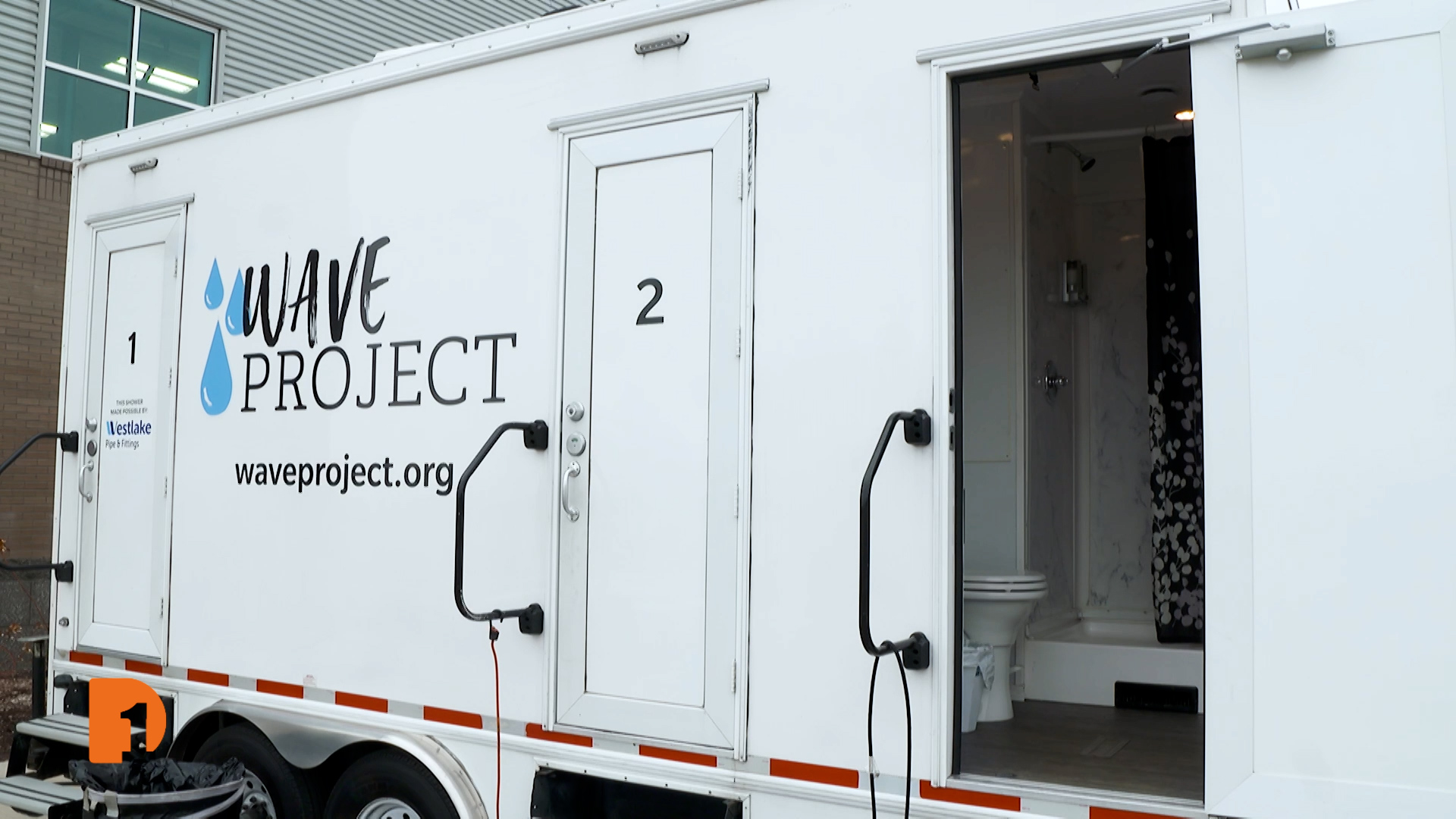
The benefits of mobile outreach vans proved useful in the healthcare industry too, and Wayne State University’s School of Medicine quickly jumped on board. The university’s Wayne Health Mobile Units are bringing health screenings, vaccines and preventative care to communities with health disparities.
One Detroit’s Rose LaForest sat down with WAVE Project Co-Founders Todd and Laura Gordon, as well as a handful of people involved with the Wayne Health Mobile Unit program to learn more about the services they both provide.
Full Transcript:
Rose LaForest, One Detroit: Today, just west of downtown Detroit, in Corktown, next to Saint Peter’s Episcopal Church, The Wayne Health Mobile units have brought the doctor’s office to the people. They have eight units total. Each is equipped to provide health screenings, vaccines, and preventative care to communities to address disparities and barriers to access. Catherine Goggin is their mobile health unit manager.
Catherine Goggin, Mobile Health Mobile Units, Manager: We eliminate a lot of those barriers. Why people don’t get health care, whether it be that they don’t have transportation, or they’re scared to see a physician? We look at that person as a whole. Why aren’t they getting their medication filled? Why aren’t they going to the doctor? Is it they have to put food on their table versus making a doctor’s appointment and paying that co-pay? We take that out. We bring everything to them in their community, where they work, where they workshop, and get them the care that they need.
Rose LaForest: Disparities in resources and health care have plagued cities like Detroit for decades, but have recent events helped create a possible solution? Program director Dr. Phillip Levy explains.
Phillip Levy, Wayne Health Mobile Units, Program Director: The Mobile Health Unit program was designed as an initiative during the pandemic to bring COVID-related services to people in the community. Understanding that in the early stages of the pandemic, testing, for instance, wasn’t readily available. And what we were finding is that in a lot of neighborhoods, people couldn’t get to a location to get testing. So we decided to bring the testing to them.
Paul Kurian, Wayne Health Mobile Unit, Site Coordinator: Originally, we started with just treating first responders like police, fire, EMS, doctors, nurses, and people that work in the hospital. We did that for about a month or two, and then we eventually expanded to community testing.
Phillip Levy: The response to this has been overwhelming. We’ve done more than 82,000 encounters in the community since then. And what we’ve realized is that this idea of bringing services to people with mobile health opportunities doesn’t have to stop with COVID. There are a lot of health care needs in the communities in and around the city of Detroit, and a lot of people don’t have the access to health care services they need, especially for things like high blood pressure and diabetes and high cholesterol.
Rose LaForest: Additional needs are being addressed with this new resource model, too. The WAVE (Welcoming All Valuing Everyone) Project is another organization using its mobile presence to provide resources in the community. For them, it’s about hygiene. Detroit has no more than seven public restrooms per every 100,000 residents. This creates an obstacle for Detroit’s homeless community. This is Todd Gordon, music teacher and co-founder of The WAVE Project.
Todd Gordon, WAVE Project, Co-Founder: We are just regular people, a group of friends that were all serving in a local multi-sect church. And at a certain point, we were meeting, doing small groups, and we just felt really led to getting out into the community and help.
Rose LaForest: Inspired by a group providing mobile showers in San Francisco, it was time to see if Detroit could use these services as well.
Todd Gordon: So over time, we started doing local outreach barbecues in Mount Clemens. Our goal was to not only serve food and provide clothing and hygiene kits but to get to know the community and to really build some relationships and ask and voice to them if mobile hygiene services would be needed. And overwhelmingly, people said yes.
Laura Gordon, WAVE Project, Co-Founder: This is from an organization called Blessing Bags Brigade, and they provide us with 100 hygiene kits a month. And they stock it with bar soap, deodorant, shampoo, lotion, toothpaste, toothbrush, razor, chapstick, a washcloth, and a little encouraging note. We are pretty stocked. We have everything from t-shirts, underwear, jogging pants, hoodies, socks, and plenty of hygiene items. We even have things like backpacks, coats, thermals, and things like that.
Todd Gordon: Sometimes they’re in complete disbelief that, yes, we’re giving you all this new clothing for free. And walk right over there and use our warm, safe, nice bathroom for as long as you need. And please come back and have a conversation with us.
Laura Gordon: We will have people who come to kind of- it’s almost like they’re just checking things out. And maybe they’ll just get some clothes the first time, and maybe the next time, they’ll talk a little bit. And they may come several times before they’re comfortable enough to take a shower, maybe. Just getting comfortable with the situation and building that trust is really important to this community.
Todd Gordon: There is a lot of dignity in just coming up to another human, looking him in the eyes, allowing them some space to share how their day is going or their story, and then we’re able to say, hey, use our resources. And there’s a lot that goes into that on the back end, you know, that I’m leaving feeling loved, feeling fulfilled.
Rose LaForest: In order to be successful, these programs need to create connections and build trust. This means organizations can’t only show up in the community but must become a part of it.
Josephine Quaye-Molex, Wayne Health Mobile Units, Registered Nurse: I didn’t realize how closely with the community I could work and working with Wayne Mobile Health actually gives me an opportunity to do some preventative care as opposed to trying to stop the train as it’s coming crashing towards me.
Phillip Levy: It’s really a by-any-means-necessary approach to get the resources to people who need them. It’s great to have community centers and things like that. They’re wonderful. They’re great hubs for this type of thing, but they don’t work for everybody. Bringing resources to people is going to be the best way to alleviate the barriers that prevent them from getting those resources in an alternative means.
Todd Gordon: When we think about how things have shifted culturally or even the challenges associated with the traditional models, mobile services are really attractive in that the initial capital outlay tends to be much smaller, and then you can provide services to a larger radius of people.
Rose LaForest: Not only can these services reach more people, these services can save lives.
Phillip Levy: People in Detroit on average are dying 5 to 15 years younger, depending on the community, than other communities across the state. The life expectancy in Detroit is much lower than other areas in the state. It’s called lifespan inequality. The reason for that is because people develop conditions earlier and they die of complications earlier. If you address those conditions, not only are you keeping people healthier longer, you’re having people who are a part of a more vibrant community.
Stay Connected:
Subscribe to One Detroit’s YouTube Channel & Don’t miss One Detroit Mondays and Thursdays at 7:30 p.m. on Detroit PBS, WTVS-Channel 56.
Catch the daily conversations on our website, Facebook, Twitter @DPTVOneDetroit, and Instagram @One.Detroit
View Past Episodes >
Watch One Detroit every Monday and Thursday at 7:30 p.m. ET on Detroit Public TV on Detroit Public TV, WTVS-Channel 56.
Stay Connected
Subscribe to One Detroit’s YouTube Channel and don’t miss One Detroit on Thursdays at 7:30 p.m. and Sundays at 9 a.m. on Detroit PBS, WTVS-Channel 56.
Catch the daily conversations on our website, Facebook, Twitter @OneDetroit_PBS, and Instagram @One.Detroit
Related Posts
Leave a Reply
Your email address will not be published. Required fields are marked*
